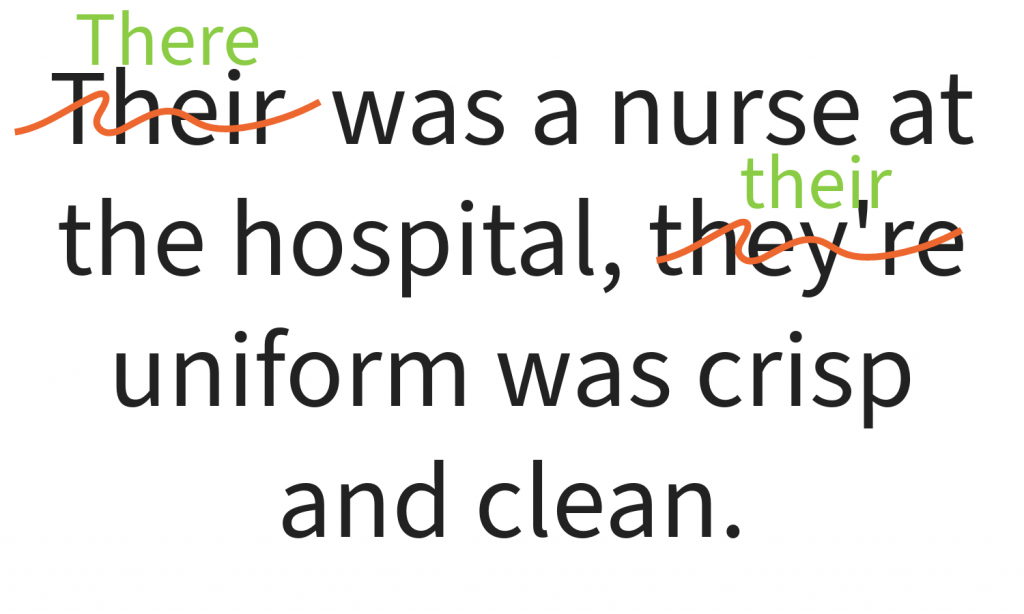A Guide to Spelling Complex Words in Writing Exams
Writing exams can be challenging, especially when it comes to spelling complex words without the aid of a dictionary. Yet, mastering this skill is essential for success. To help you navigate this task, we’ll explore various techniques and provide examples to make spelling complex words during an exam a little less daunting.
Sound It Out
One effective technique is to sound out the word phonetically. Pay attention to syllables and pronounce the word slowly to reveal its correct spelling. For instance, if you’re unsure about “accommodation,” pronounce it as “uh-kom-uh-day-shun.”
Divide and Conquer
Break the word into smaller, more manageable parts. Take “unbelievable” as an example. You can start with “un-” and then tackle “believable.”
Recognize Common Patterns
English words often follow patterns. For instance, words ending in “-able” like “comfortable” or “changeable” tend to follow a similar pattern. Spotting these patterns can help you spell words correctly.
Etymology Clues
Understanding the origins of words can offer valuable insights. The word “pneumonia” comes from Greek and contains the letter combination “pn,” often pronounced as “n.”
Use Memory Tricks
Mnemonics and memory tricks can be your allies. For “necessary,” recall the phrase “one collar and two sleeves,” emphasizing the double “s.”
Visualize the Word
Try to picture the word in your mind. Visualizing it can often help you remember its correct spelling. For “embarrass,” see the double “r” and double “s.”
Write It Down
Writing the word out a few times can reinforce the correct spelling. Repetition is a powerful tool. Practice “accommodation” on paper until it sticks.
Use Word Families
Some complex words belong to a family of related words. Knowing the correct spelling of one word can often help with others. For “independent,” remember “depend” and “independence.”
Context Clues
The context of the sentence can provide hints. If you’re writing about a “catastrophe,” you’re less likely to confuse it with “cataract.”

Stay Calm and Self-Check
In the pressure of an exam, anxiety can lead to spelling errors. Take a deep breath, stay calm, and leave time for a final check of your work.
Let’s not forget that practice is key. Familiarize yourself with a range of complex words and test your skills regularly.
In conclusion, spelling complex words during a writing exam without a dictionary is challenging but entirely manageable with the right techniques. These methods, coupled with regular practice, will bolster your spelling skills and enhance your performance in exams. Remember, spelling is not just about getting the letters right; it’s about clear, effective communication.
By employing these strategies and practicing diligently, you’ll be well-prepared to tackle those complex words with confidence in your next writing exam.


